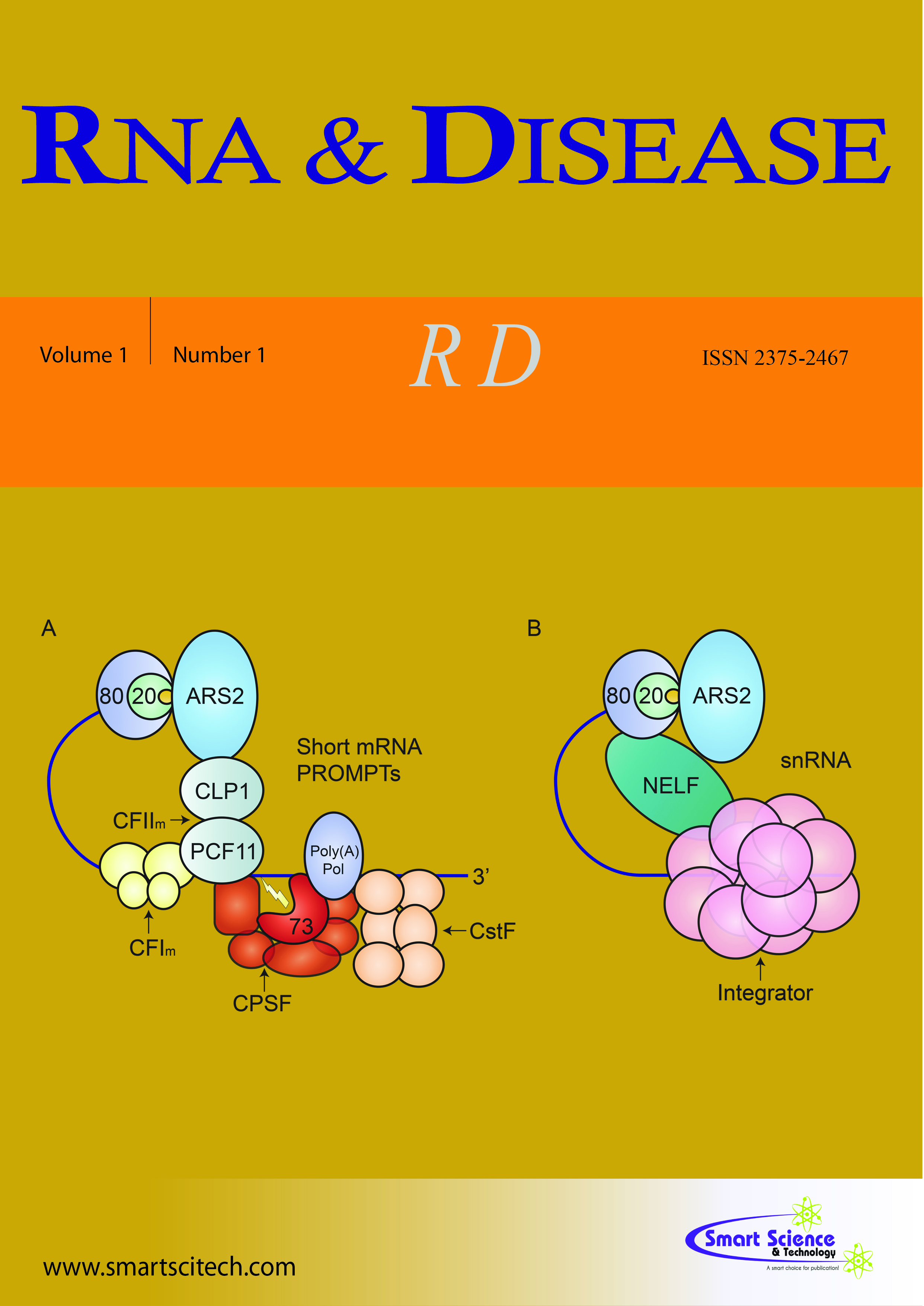Bone metastatic prostate cancer and resistance to tyrosine kinase inhibitors: an intimate relationship between loss of miR-203 and up-regulation of EGFR signaling
DOI: 10.14800/rd.345
Abstract
A tumor suppressor role for miR-203 in RAS-dependent prostate cancer metastasis has been described recently by our group. We have explored the regulatory mechanisms by which miR-203 is being regulated through EGFR signaling. We investigated the molecular mechanism of metastasis and identified novel roles of genes that interact with miR-203 downstream of activated Ras. We showed an amplifying regulatory loop involving the direct interaction of miR-203 with the EGFR ligands, AREG, EREG, and TGFA 3’UTR. Using clinical specimens and database analysis, our data suggested that decreasing miR-203 and increasing EGFR ligands, AREG, EREG, and TGFA expressions are correlated with prostate cancer progression. Since tyrosine kinase inhibitors (TKIs) have been shown to inhibit tyrosine phosphorylation of EGFR in a dose-dependent manner, we examined a role for miR-203 in TKIs-induced apoptosis in RAS-activated prostate cancer. We investigated the mechanisms by which miR-203 overexpression contributes to TKIs-resistant RAS-activated prostate cancer cells apoptosis. We have shown indications for candidate miR-203 targets that are either influenced by anti-apoptotic proteins (e.g. API5, BIRC2, and TRIAP1) or positively influenced by a novel NF-?B-inducible oncogenic molecule, TNFAIP8. These observations suggest that the latter category may be synergistically affected by the regulatory loop of miR-203 depletion and anti-apoptotic proteins overexpression. Our results provided evidence showing a role of miR-203 in regulating the expression of EGFR signaling genes in response to TKIs-resistance during prostate cancer progression.












